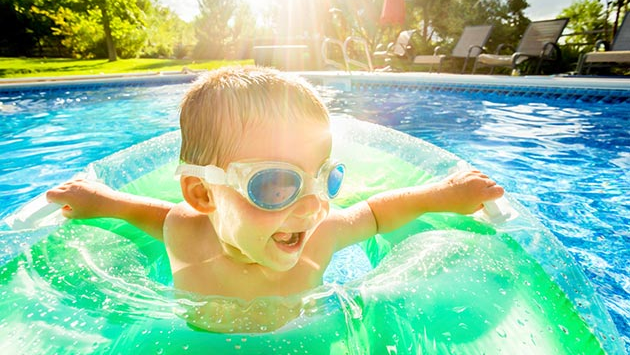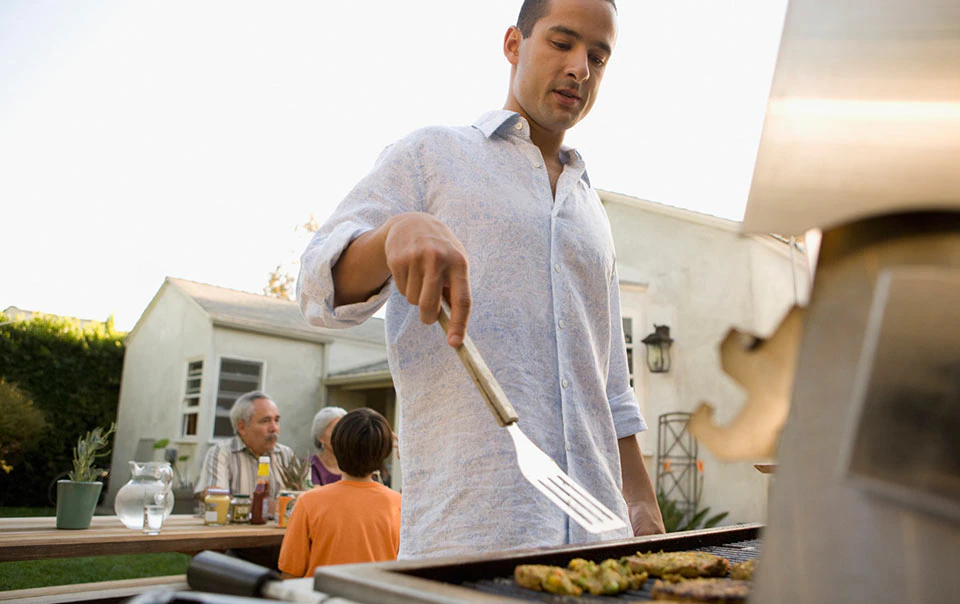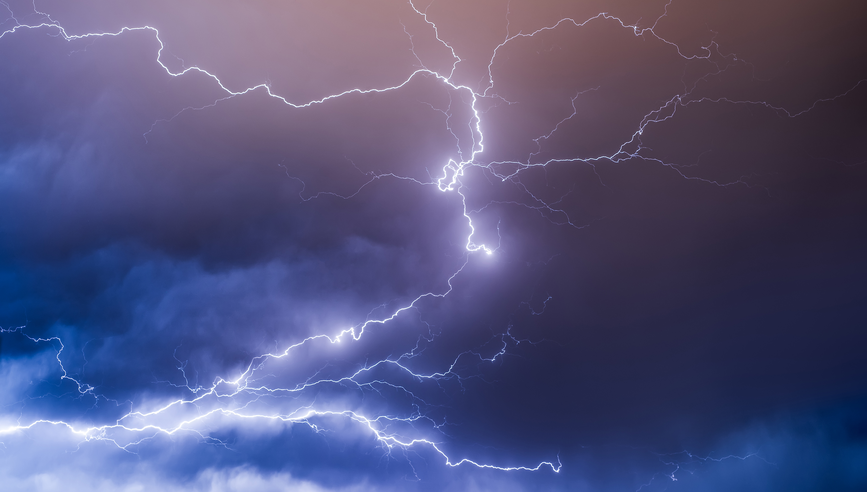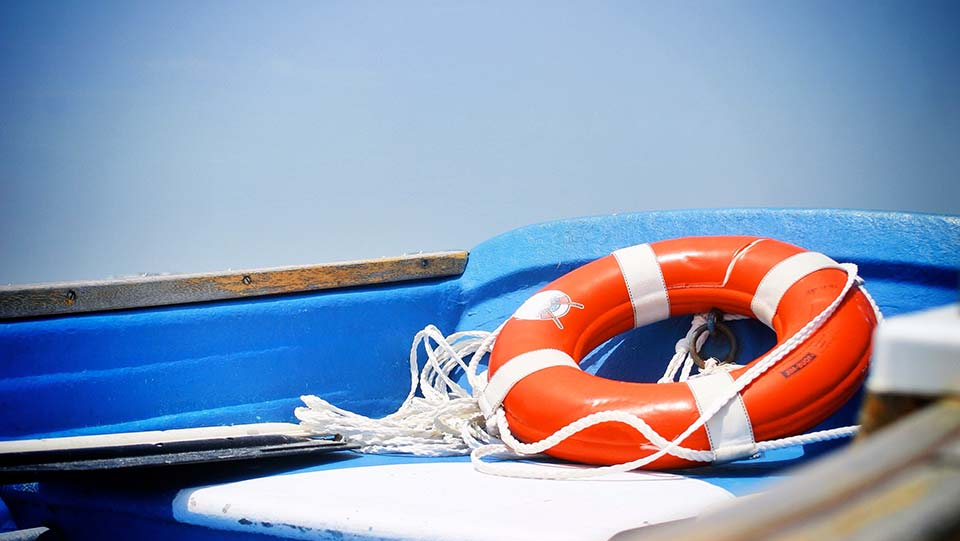How to Help Prevent Heat Stroke


Did you know that extreme heat has killed more people in recent years than all other natural disasters combined?1 Between 1999 and 2009, there were an average of 658 heat-related deaths per year in the United States.2 While warmer weather means more outdoor activities for many, knowing how to prevent overheating and how to identify warning signs from heat injury can be the difference between a fun and healthy summer, and something much more serious.
Know the Warning Signs
Heat exhaustion and heat stroke are the most common problems when the body is exposed to excessive temperatures.3 Heat exhaustion occurs when the body overheats from prolonged exposure to high temperatures.
Symptoms of heat exhaustion can include, but are not limited to:
- Dizziness;
- Weakness;
- Headaches;
- Blurred vision;
- Nausea;
- Staggering;
- Paleness;
- Profuse sweating;
- Weak pulse;
-
Faint breathing.
Reducing the Chance of Heat Stroke
Heat exhaustion can be life-threatening if not treated right away, as it can quickly lead to heat stroke. If you or someone you know is exhibiting signs of heat exhaustion, here are a few tips to reduce the chance of heat stroke:
- Go to a shady location or a room with air conditioning.
- Lie down and stay calm.
- Take frequent small sips of cool water or a sports drink.
- Call the doctor if symptoms of heat exhaustion persist.
Heat stroke reduces the body's ability to sweat and control its temperature, which can be deadly. Symptoms of heat stroke can include, but are not limited to:
- Severe headache;
- Red face;
- Skin is hot and dry with no sweat;
- Pulse is strong and very fast;
- Vomiting;
- Diarrhea;
- Fever;
- Confusion;
- Convulsions;
- Unconsciousness.
If you believe someone is suffering from heat stroke, call 911 immediately and follow the directions given by emergency personnel. Move the person to a room with air conditioning or to the shade and loosen his or her clothing.
Preventing Heat Stroke and Heat Exhaustion
Whether you are working or playing in the sun, the risk of heat exhaustion and heat stroke increases with the temperature.
The following tips can help you stay safe:
- Avoid drinking excessive amounts of alcohol, caffeine, soda or fruit juice.4
- Wear a hat and light-colored clothing.5
- Try to limit exercise and other forms of exertion to cooler periods of the day.
- Take frequent breaks and rest if you feel tired or weak.
- Be aware that some medications may make you more vulnerable to sun and heat exposure.
- If the air temperature is more than 95 degrees Fahrenheit, fans may be ineffective at cooling. Use air conditioning instead.
- Apply wet towels to your neck or wear a wet headband to help beat the heat.
- Help replace lost fluids from your body by drinking water or sports drinks.6
Warm weather is a time for fun in the sun. But be sure to practice safety to ensure the heat does not take the fun out of your summer.
Sources
1 http://www.redcross.org/news/article/How-to-Stay-Safe-While-The-Heat-Is-On
2 http://www.cdc.gov/mmwr/preview/mmwrhtml/mm6222a1.htm
3 http://www.cdc.gov/extremeheat/warning.html
4 http://www.ncceh.ca/content/alcohol-and-caffeine
5 https://www.redcross.org/local/dakotas/about-us/news-and-events/news/ten-tips-for-staying-safe-in-the-summer-heat.html
6 http://orthoinfo.aaos.org/topic.cfm?topic=a00319



